Growing Gamers: what are our kids playing?
Games on screens have massively changed since we were children – and it can seem daunting to explore and explain the world of online games if it’s out of our knowledge. Kirstie Beaven talks to games designer Quinn Crossley for some insight into the gaming landscape and some reassurance!
Some recent EU research shows that gaming is really growing in all age groups – even for adults – especially in online and mobile games. In your experience, what are under 16s playing and where are they playing?
Anecdotally, my experience matches what the research is saying. Games are becoming a lot more popular, primarily because they’re so much easier to access now. With the rise of mobile devices and web games, kids can play games with each other without having to ask their parents to buy a new device or console. A lot of popular games also follow a business model called ‘free to play’, which means that the game itself is free, but players can spend money to buy in-game items like accessories or power ups. This has some problems (which I’ll discuss later) but in general it means it’s really easy for kids to pick up a game and start playing.
“A lot of what makes these games popular is that kids see them as more than just games – they’re social platforms where they can hang out with their friends and create things together. ”
Fortnite is incredibly big right now, especially for boys between 7 and 10. Minecraft and Roblox are also really popular for a wide range of kids, because those are more creative games that have a lot of different things to do and can grow with their players. A lot of what makes these games popular is that kids see them as more than just games – they’re social platforms where they can hang out with their friends and create things together.
Do you have any thoughts on how parents should approach age ratings? For example, Fortnite seems to be popular with ages 6+ even though it has a PEGI rating of 12+
Age ratings can be really tricky – they address the built in content of the game, but can’t guarantee what kind of online interactions kids might have with other players. Some games are getting higher age ratings because of the uncertainty of the online community, which I think is good.
Deciding what games are and aren’t appropriate should be an individual decision for each family, but whatever the outcome, the most important thing is to be involved and understand what kind of content your child is being exposed to, especially online. [In the UK, the website www.askaboutgames.com has parents’ guides to many of the most popular games, to give you a head start.]
Is there a lot of stereotyping in representations of humans? My impression is that female characters are often over-sexualised, or that male characters are macho and warlike or violent. Or is this overemphasised in the media?
The stereotyping thing is definitely real, especially with ‘mainstream’ franchises geared towards older players. Some of the bigger game companies don’t see an incentive to make their games more inclusive – the mentality is that they have a formula, and they know it makes money, so why change? With kids, and especially boys, these kinds of companies can be really problematic because they make games that reinforce toxic ideas about masculinity and violence.
“We definitely still have a long way to go, but the good news is that there are a lot of people in the industry working hard to make things better. ”
I think we’re starting to get some traction on fixing that though. Big games like Assassin’s Creed have introduced games with female main characters, Apex Legends highlights people of color and non-binary characters, and Overwatch features a huge cast of characters with diverse genders, races, body types, and sexual orientations. If you look at independent games and educational games, those also tend to be more inclusive because there’s more diversity on the teams making them and fewer corporate stakeholders. We definitely still have a long way to go, but the good news is that there are a lot of people in the industry working hard to make things better.
Do you think screen-based games are stigmatised? Do you think this is to do with understanding what people are doing when they’re playing?
I think a lot of the perceptions around gaming are changing. The rise of mobile devices and social gaming has made video games more of a regular household activity, alongside watching TV or movies. With younger audiences, a lot of the popular games right now are focused on being social and cooperating with one another, so kids are growing up with this understanding of games as exciting social spaces rather than as a solitary, violent thing. A great example of this is that a while ago, I was visiting a classroom of 7-8 year olds and we asked them to raise their hand if they were ‘gamers’. Almost no one raised their hand. Then we asked who all played video games, and almost everyone in the room raised their hand. I think interactions like that illustrate how a lot of kids are playing games, but they often don’t consider it a core part of their identity.
“The rise of mobile devices and social gaming has made video games more of a regular household activity, alongside watching TV or movies.”
Playing games in school is also becoming a lot more common, which is doing a lot to normalize the idea of gaming. Educational games are being used in classrooms all over the world because they can be great tools to get kids excited about learning and promote critical thinking in a fun, risk-free environment. In my own work, I partner with educators, families, and the government to build games that are used in schools to help teach content like math and science. There has been a huge increase in research initiatives and grants focused on using games to promote engagement in school and help close the achievement gap in underserved communities.
Are there any pitfalls parents should make themselves aware of, especially in multiplayer gaming?
Online safety is definitely an important thing to keep in mind. It’s pretty common these days for people to make friends on the Internet, and there are a lot of cool benefits to that, but parents should be really conscious of who their kids are talking to and what they’re talking about. The concept of online safety also involves some deeper concerns that revolve around the ‘free-to-play’ games I mentioned before. These games rely on systems where players pay real money to get cosmetics and accessories for their in-game characters. A lot of times the items come in these mystery boxes where you don’t know what item you’ll get, so it’s basically like gambling.
Sometimes kids will make purchases without understanding that it’s real money, but older kids often feel like they have to buy the items in order to fit in. We’re starting to see bullying in schools where kids are being made fun of for being a ‘default’ – a term used for characters who only wear the free, basic accessories. So the social components of games can be good, but they also create some pretty problematic pressures.
Do you think there should be some rules about how long children can play games at home? Have you got any tips on setting boundaries on time, or where and how they should play? I've seen some ideas around allowing sound output through headphones as well as through speakers so they can have the full experience and you can get an idea of who they’re talking to, for example.
Absolutely. Games can be really beneficial, but I think moderation is important with everything. One thing we consider a lot when designing games for kids is the idea of providing agency, which is about giving players opportunities to make meaningful choices and feel ownership over the play environment. When players have agency, they feel like they can control how they’re experiencing the game, even if a lot of the structure is predetermined. I think that concept could be applied to the idea of setting gameplay boundaries too – parents should set the overall rules, but let children have some opportunities to be involved by making smaller choices. For example, if you want to limit screen time to one hour per day, you can set that rule, but let the child decide when they want to use that hour. I love the sound idea too!
News about games often focuses on violence in games. Are there games you’d recommend for building empathy or modelling social situations? Or great educational games or wonderful storytelling!
I have so many recommendations, I’m not even sure where to start! For younger audiences, I’ve been working with a really cool product lately called Osmo, which is a series of educational games that combines digital games with physical pieces. The games are all about solving puzzles, being creative, and working together, which are great models for young kids.
For older players, I really like the Life is Strange games because they’re all about building relationships and exploring authentic issues that teens face like mental health, bullying, and police violence. For readers looking for a comprehensive list, organizations like Games for Change and BrainPOP do a great job of curating these kinds of games online.
Who is making a difference in inclusion in games? Are there games you’d recommend with diverse characters?
Smaller impact-focused studios and independent (or ‘indie’) creators are the ones at the forefront of making games more inclusive. These environments often have more diverse teams with more creative autonomy, which gives them room to break out of the traditional molds of mainstream gaming.
We have a lot of advocacy organizations in the industry that help raise awareness about inclusivity issues as well. I Need Diverse Games is a non-profit that focuses on highlighting the work of marginalized game developers, especially people of color, and Able Gamers is a charity that advocates for the needs of gamers with disabilities.
“Building inclusive games is about more than including diverse characters – we also need to make sure that the play and structure of the game itself is welcoming to everyone.”
In the education space, there’s a big focus on making sure our games are inclusive and authentic to all players because no one should be excluded from learning based on their demographics, identity, or ability level. Building inclusive games is about more than including diverse characters – we also need to make sure that the play and structure of the game itself is welcoming to everyone. So in addition to providing good representation, we also have to ask questions like: Is the game accessible for players with disabilities? Is the art and play style appealing to all genders? Does the game provide adequate support to players who are new to gaming?
Toca Boca is a game studio that does a phenomenal job of making inclusive games for young players. They put a lot of emphasis on having a variety of skin tones, gender expressions and more with their characters, and their games give players a lot of freedom to explore their own identity. I think these games are especially powerful for boys, because they present activities like playing dress up or taking care of a home as gender neutral opportunities for everyone.
What do you love about screen-based games? What do you wish more people knew about them?
I love that games can do so much to promote learning, health, and social impact! There are so many games that focus on kindness and cooperation instead of violence and competition, and it’s exciting to see those games become more visible. I wish that more people knew about all of the positive applications for games, and I hope this interview helps with that!
Quinn Crossley is an award-winning game designer and inclusivity advocate who focuses on creating digital experiences for positive impact. You can learn more about Quinn and their work at quinn.games

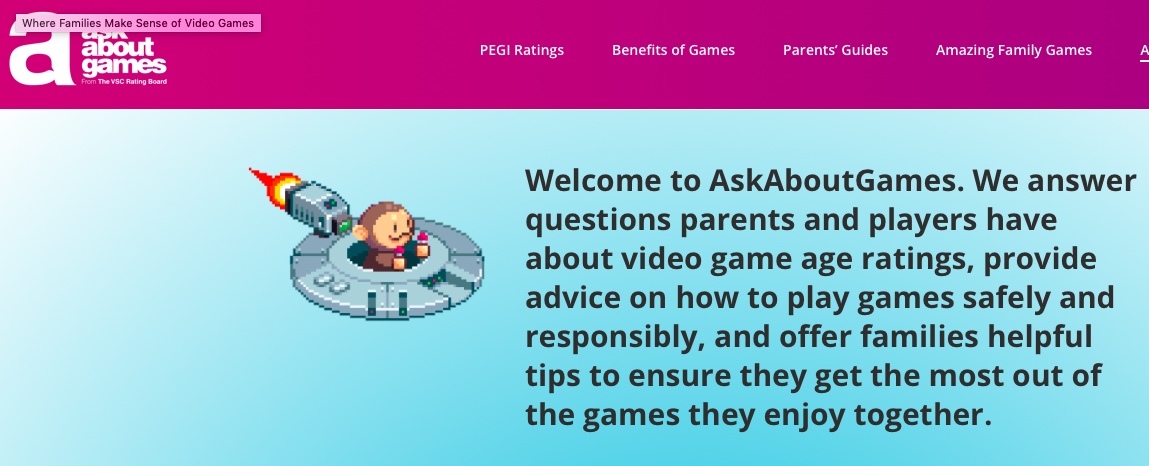
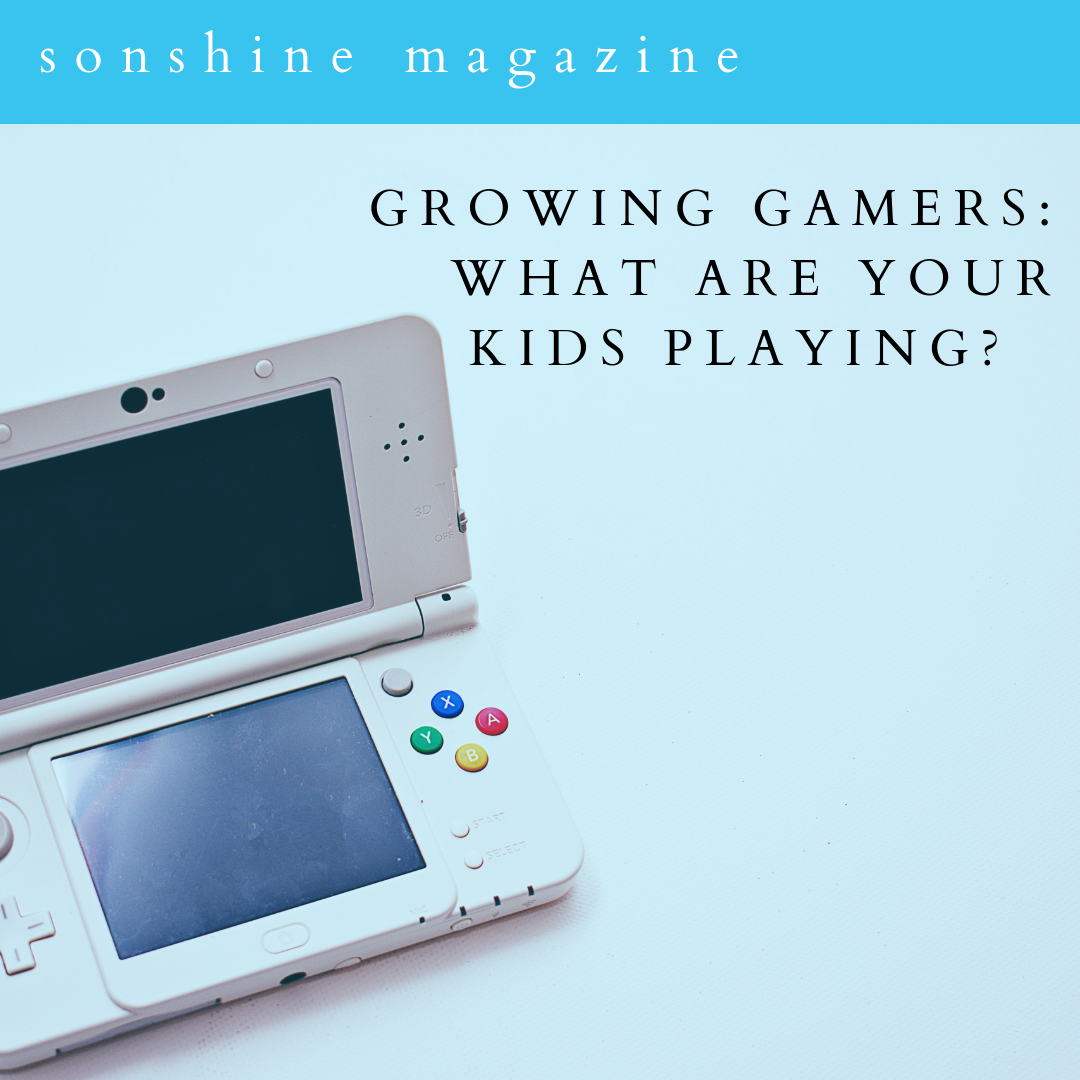


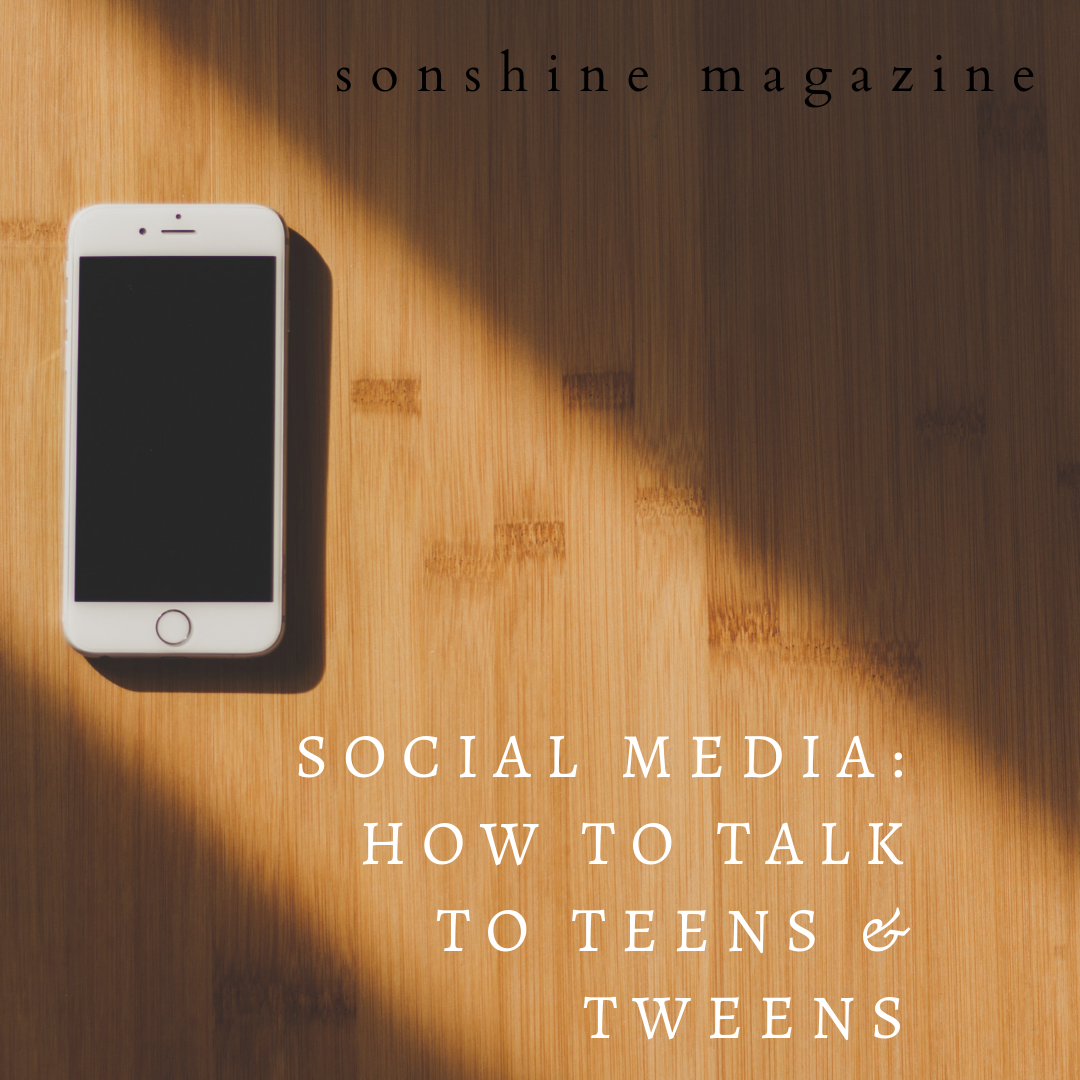



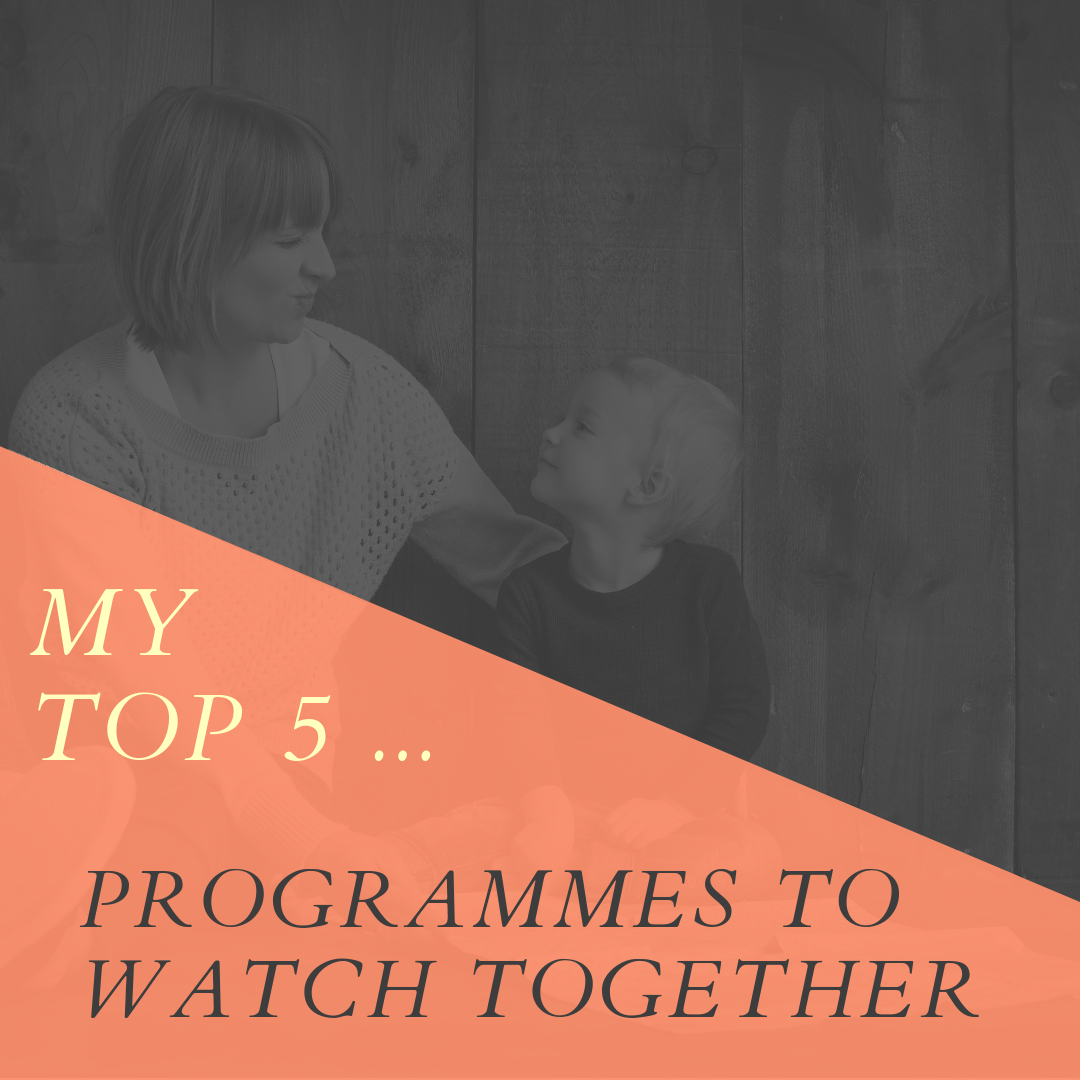

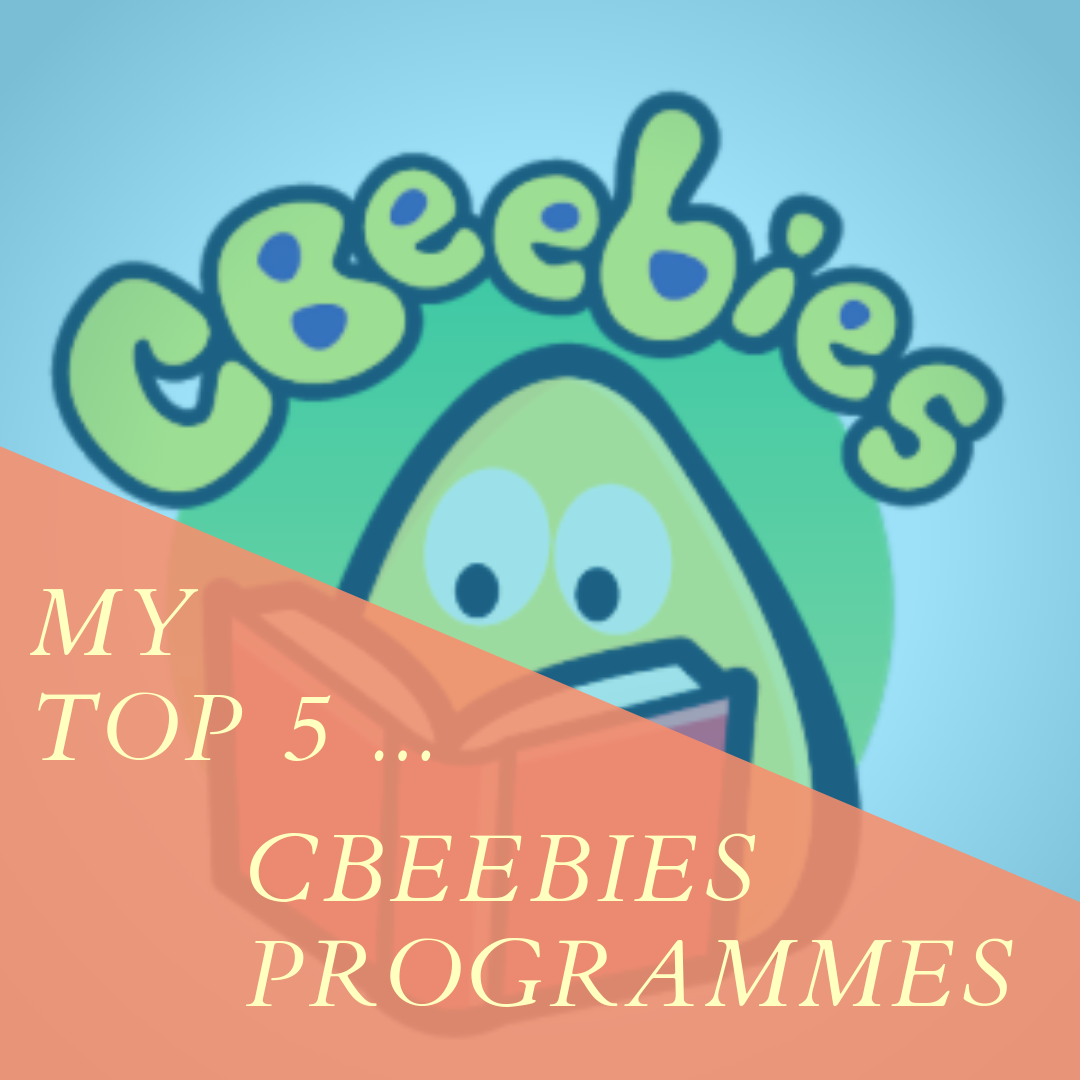
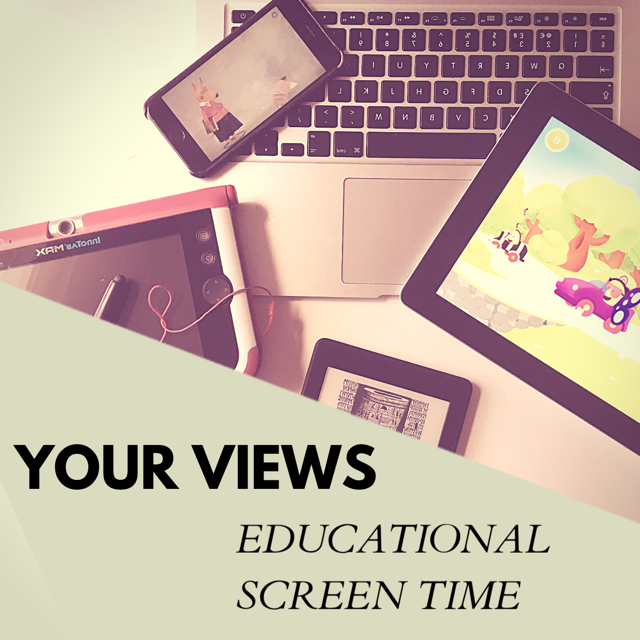

Kirstie introduces this issue of Sonshine – all about Screen time… From Disney dreams to Maid Marian, Social media tips to gaming for inclusion, we’ve got it all.